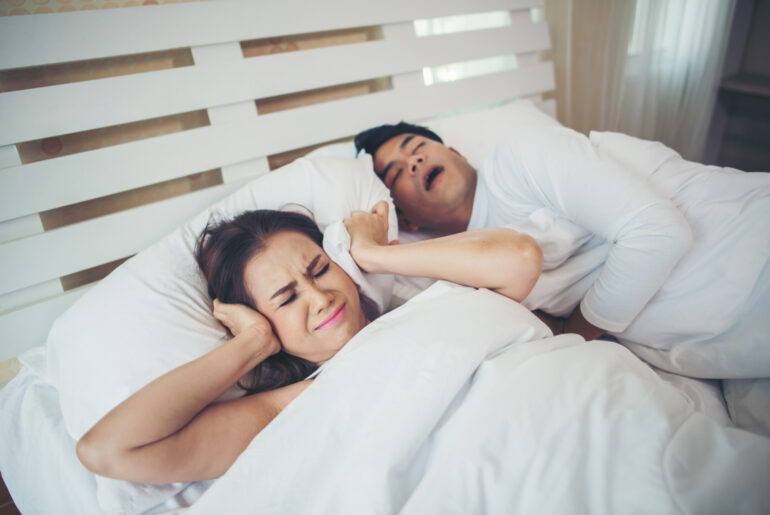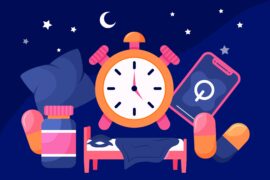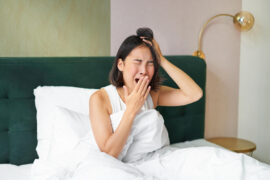There are many different sleep disorders; some would say there is even a unique sleep disorder for every single person. Either way, there’s no question that there is more to sleep disorders than just insomnia or sleep walking. Sleep apnea is one of the most common sleep disorders around, yet many people don’t even realize they are suffering from it for many years. That’s because the symptoms of sleep apnea can often be confused with other things, and they are often initially not very severe or aggravating. Over time, though, many people begin to wonder if something is amiss as various symptoms worsen. If you think you might have sleep apnea, you should read on to learn more.
What Is Sleep Apnea?
Sleep apnea is a condition where a person’s breathing is interrupted while they sleep. Sometimes, sleep apnea can cause breathing to be interrupted hundreds of time in a single night; other times, it only happens a handful of times. Regardless of the number of occurrences, there is no question that sleep apnea is a very serious and potentially life threatening condition. People who fail to take adequate measures to address their sleep apnea run the risk of developing much more serious health problems down the line. Therefore, diagnosing sleep apnea as early as possible is critical to managing it and to keep it from ruining your life.
Causes of sleep apnea
Certain people are more susceptible to sleep apnea than others. Men are much more likely to develop sleep apnea than women, for example. People over the age of forty are more likely to suffer from sleep apnea, as are those who are overweight. Studies have shown that having an unusually large neck may also increase your likelihood of developing sleep apnea. People with unusually large tonsils are more at risk for sleep apnea, and it also tends to run in families. If your mother or father has sleep apnea, then, you are much more likely to yourself. Between hereditary and physical factors, many things can spur on the development of sleep apnea.
Sleep apnea symptoms
The symptoms of sleep apnea can be easily confused with being representative of other diseases and conditions. For instance, if you wake up with a sore, dry throat frequently, that might be an indicator of sleep apnea. Being sleepy all day long – despite getting a seemingly full night’s sleep – can also be a sign. People who suffer from sleep apnea sometimes awaken in the night gasping for breath for no apparent reason; others experience splitting headaches soon after waking up for the day. Finally, being more absentminded or forgetful than normal can indicate a problem with sleep apnea that needs to be addressed. Exhibiting one or more of these symptoms should prompt a visit to the doctor, who can determine whether or not you are suffering from actual sleep apnea.
Sleep apnea study and cost
Some doctors advise their patients to undergo a sleep study – or a sleep apnea study – in order to definitively rule out or diagnose sleep apnea. Such studies are relatively easy to deal with; patients are simply affixed with various sensors and things of that nature, and their vital signs are monitored overnight to see if they stop breathing at all while sleeping. Although the study can be beneficial in terms of diagnosing sleep apnea, it can also be very costly – especially for those who do not have health insurance. On the high end, a sleep apnea study can cost upwards of $6,000; on the low end, it can cost around $3,500.
Sleep apnea treatment
There are a couple of different effective strategies for dealing with sleep apnea. Some people use sleep apnea machines to help them sleep at night. These machines are called Continuous Positive Airway Pressure (CPAP) machines, and they can help people breathe more regularly at night. However, they can also be very expensive.
Medications may help, although many may trigger unpleasant side effects.
Many people discover herbal remedies and find them to be incredibly effective for treating their sleep apnea. If you’d like to find out more about sleep aids to help with sleep apnea, see our sleep aid reviews.




